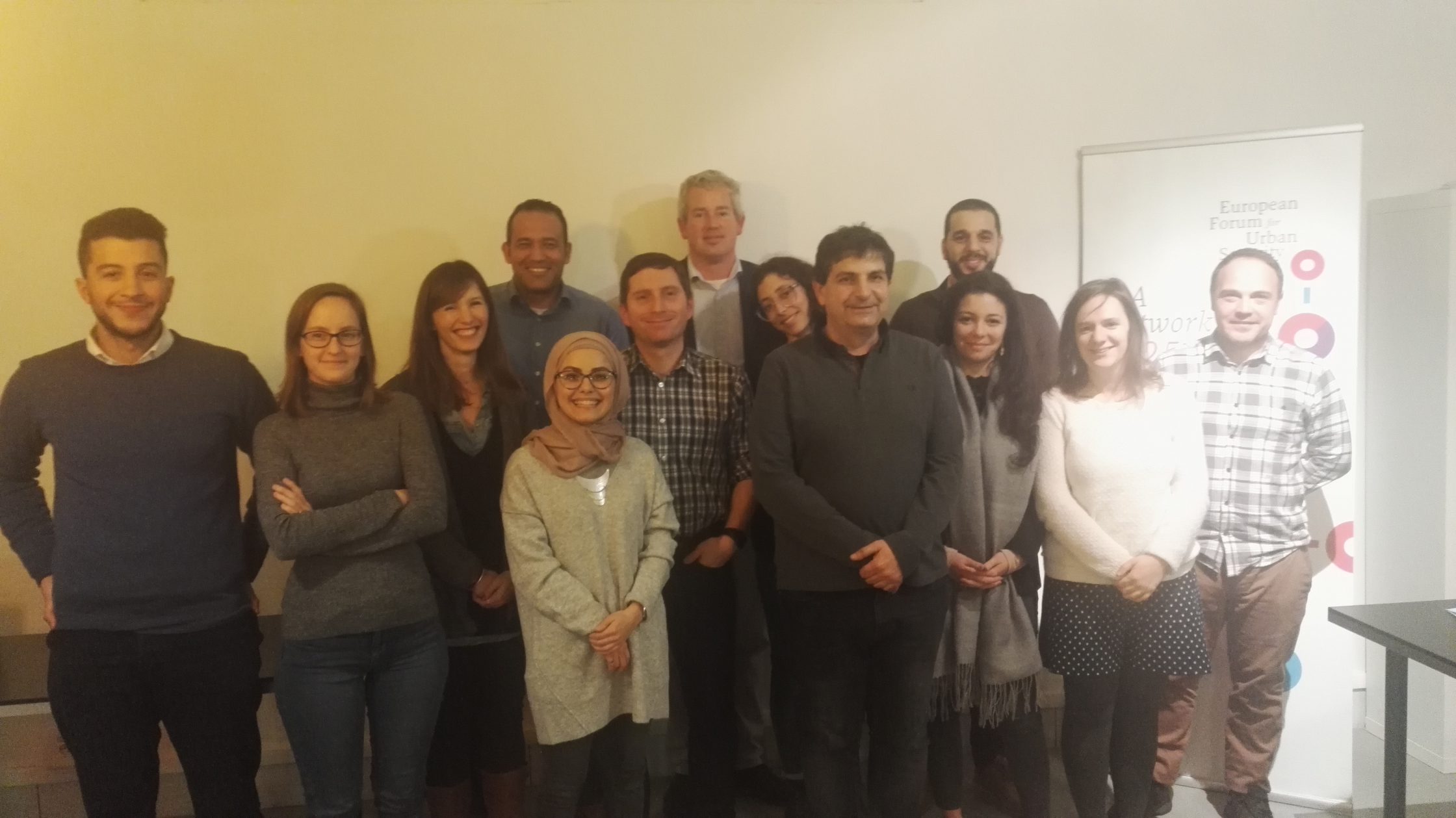As numerous studies have demonstrated, the Internet and social media provide a very effective platform for disseminating extremist ideologies. In order to proactively respond to these extremist contents, communication strategies must be developed. Sharing positive messages, denying false information or developing an alternative to extremist propaganda can increase the resilience of the population.
In Europe as elsewhere in the world, counter-narrative campaigns are often created and disseminated by international or national authorities. However, studies show that in order to reach the groups targeted by these campaigns, it is essential to rely on messengers who are considered credible by these groups and that the message be adapted to their perception, ideas or needs. Hence the local level is particularly relevant for creating and disseminating campaigns that are tailored to local needs and alternatives.
Numerous local authorities already carry out prevention and resilience-building actions that can constitute an alternative narrative. However, they seldom invest in the digital space and tools in order to do so. Local voices will support eight local authorities in creating local online campaigns.
The project recognises that local authorities can play a key role in facilitating the emergence of locally credible voices, and in enabling them to design campaigns that are adapted to local needs. It will work together with civil society, in particularly young people, in order to encourage citizen participation and ensure that the messages are designed by actors who are credible within the target group.
Eight local campaigns will be created as part of the project. Furthermore, based on the exchanges between European local actors and experts on radicalisation and online communication, the project will produce a series of recommendations for the implementation of local communication strategies that will be available to all interested local authorities.
Objectives
The project’s overall objective is to mobilise local authorities and civil society in order to design local online communication campaigns.
The specific objectives will be to:
- Counter extremist propaganda by offering alternatives and highlighting in particular values such as inclusion, democracy and social cohesion, which are promoted by Efus member cities;
- Build the capacities of local actors and civil society, in particular young people, to enable them to create campaigns against violent extremism that effectively reach the target groups;
- Foster exchanges on this theme among European local authorities and representatives of civil society and produce common recommendations.
Activities
1- Raising awareness among local authorities and support for the identification and mobilisation of local actors
Efus will work with representatives of the partner local authorities to raise awareness on their role in designing local campaigns. It will give methodological counselling on the key points of a campaign (such as the choice of messenger and the design of the message) and the creation process.
Efus will also help partner cities identify their target audience and local resources. This phase will allow for identifying “credible voices” in relation to the target audience, which will then receive support to design the campaign.
2- Training of local actors
Efus will mobilise experts on radicalisation and digital communication for the training of the local actors who will be responsible for designing each of the partner city’s campaign. Trainings will be adapted to local needs and will include tools and methodological counselling for the design of the campaigns. These will be action-trainings since local actors will receive support to set up their project.
3- Design and dissemination of the campaigns
The local actors will be in charge of designing and implementing a campaign in their city with the support of Efus and radicalisation and communication experts.
Furthermore, Efus will gather these local actors so they can exchange on their project’s progress and work together on designing criteria for evaluating the campaigns.
4- Evaluating the campaigns
Efus will help cities design indicators to monitor the implementation and impact of the campaigns. The project will be monitored throughout its duration, from the design of the campaign up to several months after their launch.
5- Drafting recommendations
At the end of the project, Efus will gather the actors involved in the local initiatives in order to present all the campaigns and develop collectively recommendations for the design of local communication strategies for the prevention of extremism.
Partnership
Partner cities: Augsburg (DE), Liege, Molenbeek (BE), Lyon, Montreuil, Strasbourg (FR), Madrid, Malaga (ES).
Efus set up an advisory committee gathering radicalisation and communication experts. It is tasked with giving an advisory opinion on the activities planned by the project, recommend experts, and linking the project with other, existing initiatives in Europe.
The committee met for the first time in July 2017 in the presence of: Iris Boyer, Partnerships and Networks Manager, Institute for Strategic Dialogue, Marc Hecker, Director of Publications, Institut français des relations internationales (Ifri, French Institute of International Affairs), Wim Klei, Radicalisation Awareness Network (RAN) Civil Society Empowerment Programme, Marije Meines, Senior expert, RAN Centre of Excellence, Asiem El Difraoui, Researcher in political science, Julia Fendrick, Cultural Attaché and Grants Officer, US embassy in Paris, Randiane Peccoud, Cultural Specialist, US embassy in Paris.
Duration
June 2017 – December 2018
Contacts
Émilie Petit, Programme Manager petit@efus.eu



